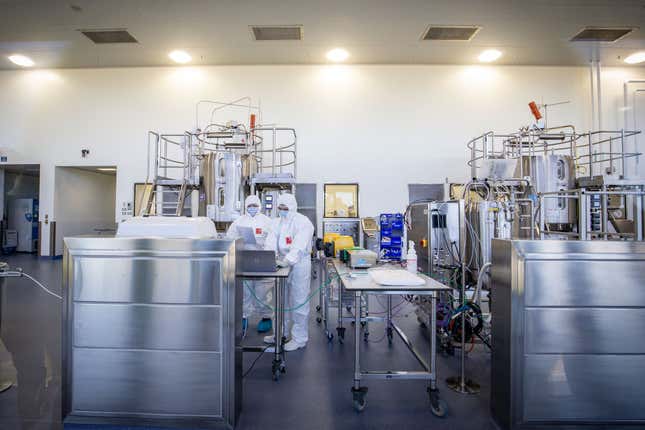Woman Who Stayed In STEM Field Because She 'Needed the Income' Developed a Covid Vaccine
Latest

Professor Sarah Gilbert is one of the women behind the University of Oxford’s coronavirus vaccine, which according to the BBC will be up to 90 percent effective in preventing patients from developing covid-19 symptoms. But like most women who are pushed out of STEM fields of work or simply never encouraged to enter them at all, Dr. Gilbert almost quit before she earned her doctorate from the University of Hull. She told a local BBC radio station that her doctorate studies were pretty boring: “There are some scientists who will happily work more or less on their own on one subject for a very long…I like to try to take into account ideas from lots of different areas,” and considered leaving the field of science altogether. But one thing kept the soon-to-be doctor going: cold hard cash. After considering a new career path, Dr. Gilbert said she gave science one more shot because “I needed the income.”
-

-

-

-

-

-

-

-

-

-

-

-

-

-

-

-

-

-

-

-

-

-

-

-

-

-

-

-

-

-

-

-

-

-

-

-

-

-

-

-








































